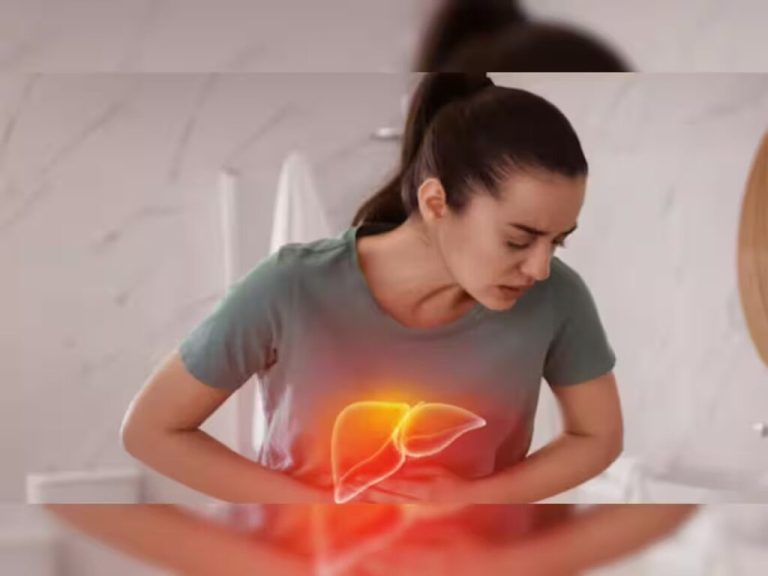Click here to know how to overcome panic attacks!
Some individuals experience panic attacks due to fear or anxiety. Panic attacks come suddenly without any warning signs. Symptoms may include difficulty breathing, dizziness, increased heart rate, muscle tension, and sometimes even fainting. It is important to know how to manage yourself when a panic attack occurs.
Physical symptoms of panic attack:
In a panic attack, symptoms like sweating, feeling cold, difficulty in breathing or dry throat are seen. Additionally, some individuals may experience fainting, hot flashes, stomach pain, chest pain, headache, or dizziness. Many times, during a panic attack, trembling of hands and legs and fear of death is also felt. At times like these, it is important to employ self-control techniques.
practice deep breathing
Focus on taking deep and slow breaths. Breathe in through your nose, count to four, hold your breath and then release it through your mouth. Wait for a second and then exhale. Deep breathing exercises help control your rapid breathing and calm the nervous system.

Be careful during panic attacks
When a panic attack comes, remember that it will pass. Try to understand how to reduce fear.
focus your attention on something
If you feel a panic attack coming on, focus your attention on something around you. This can help divert your attention from anxiety-causing thoughts and activities.
Do not move from your place.
Avoid the urge to run away when a panic attack occurs. Running away increases fear and worsens the situation. Staying in one place helps control your emotions and fears.
do light exercise
If you experience anxiety, start walking or doing light exercise immediately. It releases endorphins and changes your mood, which can prevent panic attack symptoms from worsening.






